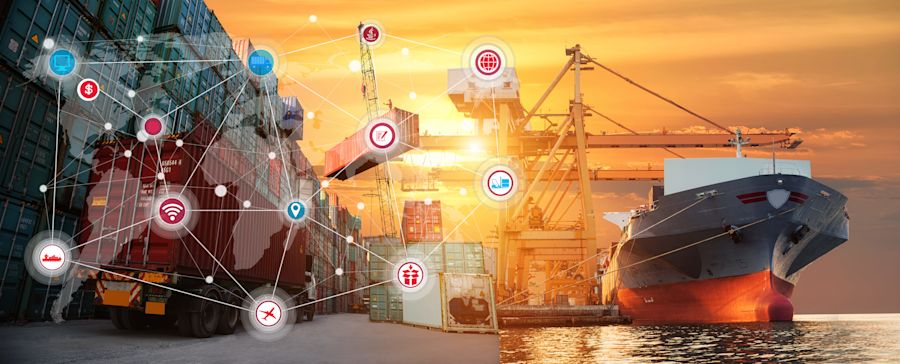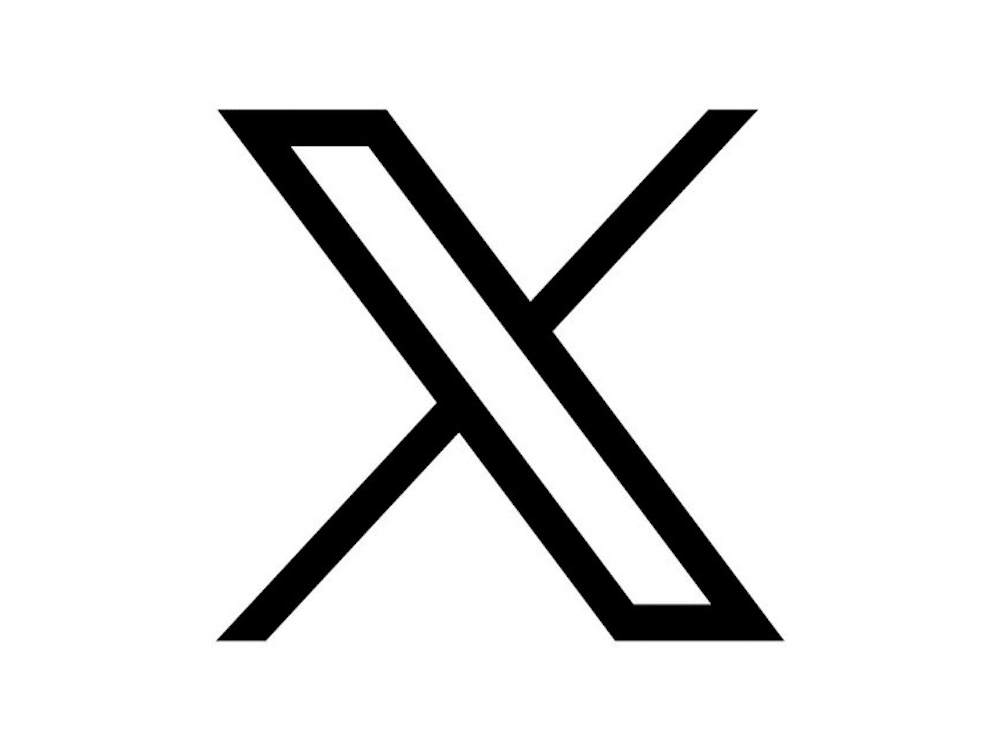How to deal with Chinese engagement in European seaports - my comments on the Hamburg COSCO deal and beyond
Seaports are part of the critical infrastructure of all countries. Almost 90 percent of global trade in goods is being processed in seaport. Seaports are not only nots of international flows of goods but take a central role in global trade data. Seaports undergo a rapid process of digitalization and digitization. In light of that, the decision of German chancellor Olaf Scholz to allow a Chinese state-owned shipping company to invest in Germany's largest port, has been subject to controversial discussion.
The case of Hamburg is, however, not a singular one and deserves to be discussed in broader context. Organizational transformation and digital technologies turn today’s ports into Smart Ports. Smart Ports are key to optimize supply chains, promote prosperity and enhance resilience. The concept, however, also creates new vulnerabilities as interconnectedness and deep integration into interregional supply chains shed light on supply patterns and critical dependencies. Successful Smart Ports create comprehensive ecosystems that incentivize direct competitors to cooperate. Competitive collaboration is the norm, but creates fundamental challenges if strategic competitors, that adhere to differing value sets, need to be integrated. That’s why Smart Ports are at the heart of today’s geo-economic competition. Although Germany’s economic power very much depends on maritime trade relations, the Smart Port concept does not yet influence Berlin’s international policy. In a paper that I penned with Heiko Borchert and Valentin Weber, we develop a 5-point Smart Port agenda for Germany. You can read the paper (in German) here.
Back to the case of Hamburg: Following a heated debate, the German government allowed COSCO, a state-owned Chinese shipping company, to take a miniorty share in one of four terminals in Hamburg. At first, the company was supposed to control 35% of the "Tollerort" terminal. After meeting resistance from six ministries in charge of investment screening, German intelligence services and the EU Commission, the share was reduced to 24.9%. This does not give COSCO any veto power. Where are the risks of such investments? What is the role of digital technology? In a short commentary (in German), I discuss the specific risks of the Hamburg seaport deal. You can also watch and list to my media comments of the case (in German) below.
Publications:
2023 (with Heiko Borchert and Valentin Weber): Toxische Türöffner - Smart Ports als geoökonomisches Handlungsfeld, in: Sirius 7:2, pp. 150-159. 2022: Chinas Beteiligung am Hamburger Hafen. Investition mit Risiko. DGAP Online Kommentar. Berlin: DGAP.
Selected media comments:
Source: ZDF
Source: Deutschlandfunk
Source: MDR
Source: WDR
Source: NDR info
Source: BR
Source: RBB - radio 1 "Streit um Hafen-Deal geht weiter – Cosco warnt: „Keine Garantie, dass die Transaktion stattfinden wird“", 26 October 2022, Handelsblatt.


